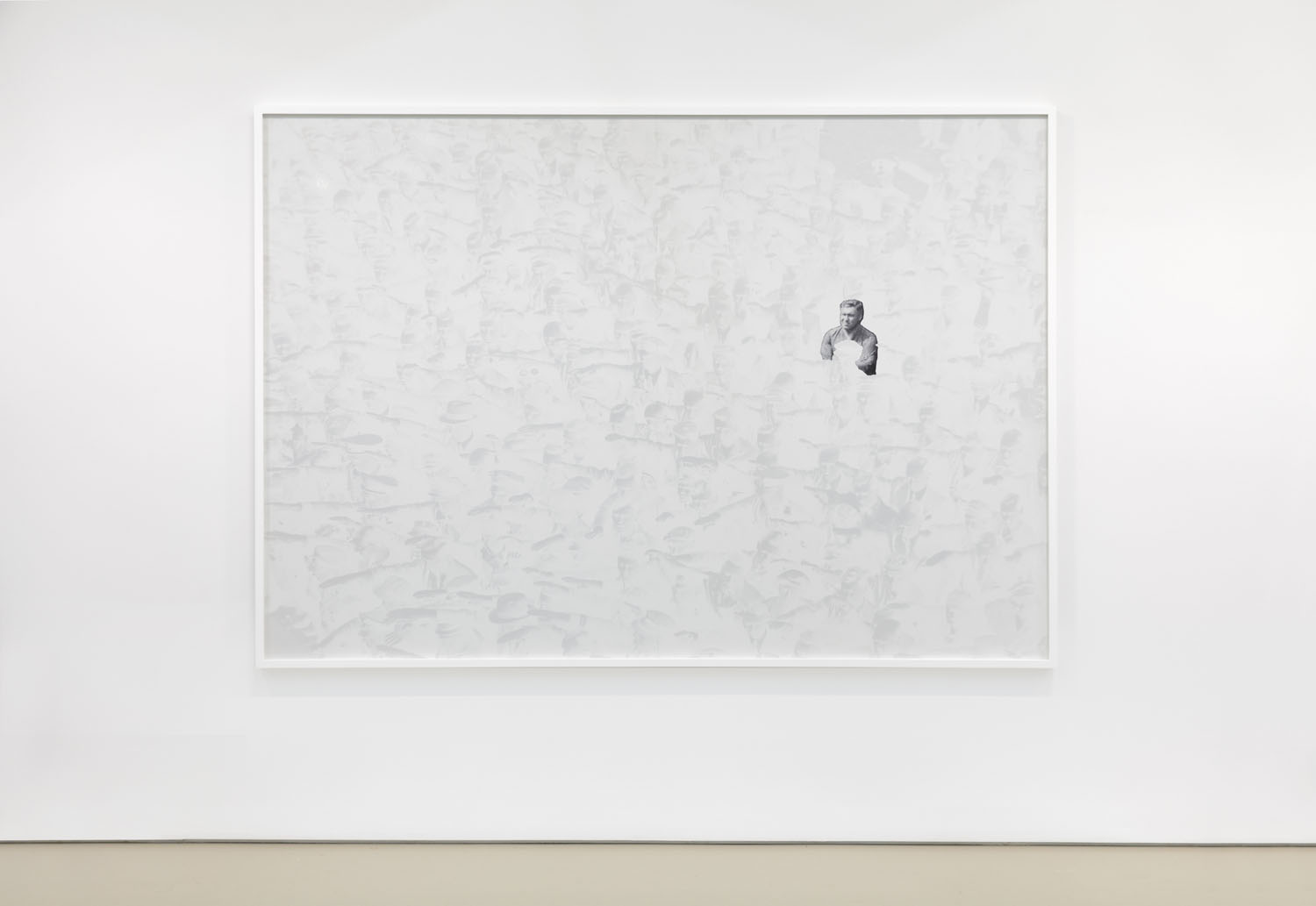- Events & Programs Home
- Calendar
- Accessibility
- Adults
-
Families & Teens
- Families & Teens Home
- 10x10 Teen Art Expo
- Art on the Rise
- Art Together: Art Making for Families with Children Ages 3–5
- Babies Sing with May Festival Minis
- Boy Scouts / Girl Scouts
- CAM Kids Day
- Family Storytime and Gallery Walk
- Family Studio: Art Making for Families with Children Ages 6–12
- Games in the Galleries
- Members-Only Baby Tours
- Public Baby Tours
- REC Reads
- Rosenthal Education Center (REC)
- Saturday Morning Art Class
- See Play Learn Kits
- Summer Camp
- Teen Fest: Zine and Comic Exchange
- RECreate
- Teachers
- Community Outreach
- Fundraisers
- Plan Your Own Event

- Events & Programs Home
- Calendar
- Accessibility
- Adults
-
Families & Teens
- Families & Teens Home
- 10x10 Teen Art Expo
- Art on the Rise
- Art Together: Art Making for Families with Children Ages 3–5
- Babies Sing with May Festival Minis
- Boy Scouts / Girl Scouts
- CAM Kids Day
- Family Storytime and Gallery Walk
- Family Studio: Art Making for Families with Children Ages 6–12
- Games in the Galleries
- Members-Only Baby Tours
- Public Baby Tours
- REC Reads
- Rosenthal Education Center (REC)
- Saturday Morning Art Class
- See Play Learn Kits
- Summer Camp
- Teen Fest: Zine and Comic Exchange
- RECreate
- Teachers
- Community Outreach
- Fundraisers
- Plan Your Own Event
The Workshop: Refusal
The Workshop: Refusal
- Home
- Plan Your Visit
- Art
-
Events & Programs
- Events & Programs Home
- Calendar
- Accessibility
- Adults
-
Families & Teens
- Families & Teens Home
- 10x10 Teen Art Expo
- Art on the Rise
- Art Together: Art Making for Families with Children Ages 3–5
- Babies Sing with May Festival Minis
- Boy Scouts / Girl Scouts
- CAM Kids Day
- Family Storytime and Gallery Walk
- Family Studio: Art Making for Families with Children Ages 6–12
- Games in the Galleries
- Members-Only Baby Tours
- Public Baby Tours
- REC Reads
- Rosenthal Education Center (REC)
- Saturday Morning Art Class
- See Play Learn Kits
- Summer Camp
- Teen Fest: Zine and Comic Exchange
- RECreate
- Teachers
- Community Outreach
- Fundraisers
- Plan Your Own Event
- Give & Join
- About
- Tickets
- Calendar
- Exhibitions
- Collections
- Blog
- Shop
- Art
- Exhibitions
- Longing: Painting from the Pahari Kingdoms of the Northwest Himalayas
- What, Me Worry? The Art and Humor of MAD Magazine
- Special Features
- Upcoming Exhibitions
- Past Exhibitions
- Online Exhibitions
- Explore the Collection
- Provenance and Cultural Property
- Conservation
- Meet the Curators
- Digital Resources
- Art Bridges Cohort Program
Refusal

Hank Willis Thomas (American, b. 1976), Refusal, 2018. [Without flash and with flash] Screen print on retroreflective vinyl, mounted on Dibond, 68 ¾ x 97 ½ x 2 inches. Uncredited source image originally published in Die Zeit. Nerman Family Collection. Images courtesy of the artist and Jack Shainman Gallery, New York. © Hank Willis Thomas

Hank Willis Thomas (American, b. 1976), Refusal, 2018. [Without flash and with flash] Screen print on retroreflective vinyl, mounted on Dibond, 68 ¾ x 97 ½ x 2 inches. Uncredited source image originally published in Die Zeit. Nerman Family Collection. Images courtesy of the artist and Jack Shainman Gallery, New York. © Hank Willis Thomas
A Response from Omotayo Banjo
Dr. Omotayo Banjo obtained her B.A in Social Psychology and earned her Ph.D. in Mass Communication from Penn State University and is an Associate Professor of Communication at the University of Cincinnati. She writes, speaks, and educates on topics related to social identity, social perception, and cultural difference from an empathic viewpoint. Dr. Banjo believes our value is inborn, and we must be cautiously critical of any messaging which suggests otherwise. In addition, she believes in the power of mediated messaging to identify our cultural idiosyncrasies and celebrate our commonalities. In celebration of the opening of All Things Being Equal… at the museum in September 2020, Professor Banjo moderated a Conversation with the Artist
Supplementary wall text, Cincinnati Art Museum
Retroreflectives
Use your camera flash or phone flashlight to interact with pictures from Thomas’s Retroreflectives series, which are made by screen printing over the vinyl material used for reflective street signs. Only some aspects of these works can be seen under normal gallery light. A direct light source reveals additional imagery, shifting the meaning of what is first seen on the surface.
Like the Punctum sculptures, Retroreflectives isolate and recontextualize forgotten images and gestures from historical photographs. By using light to activate these artworks, viewers take an active role to reanimate the past and underscore responsibility in bearing witness to history as well as present-day events.
Label text, Cincinnati Art Museum
Refusal is based on a 1936 photograph of German shipworker August Landmesser, who was a member of the Nazi party until he was expelled for marrying a Jewish woman. Landmesser stands with crossed arms amid a sea of other workers performing the Nazi salute. He was later imprisoned and died in 1944 after being pressed into the Nazi military. Thomas uses the two phases of the retroreflective image to highlight an uneasy, high-stakes relationship between the individual and the conformity required by totalitarian regimes. The uncredited source photograph was published in the German weekly Die Zeit in 1991.
Note: Label texts originated at the Portland Art Museum and were modified by venue project teams at the Crystal Bridges Museum of American Art and Cincinnati Art Museum.
Cincinnati, OH 45202
Toll Free: 1 (877) 472-4226
Museum Hours
Museum Shop
Terrace Café
Library
Cincinnati Art Museum is supported by the tens of thousands of people who give generously to the annual ArtsWave Campaign, the region's primary source for arts funding.

Free general admission to the Cincinnati Art Museum is made possible by a gift from the Rosenthal Family Foundation. Exhibition pricing may vary. Parking at the Cincinnati Art Museum is free.
Generous support for our extended Thursday hours is provided by Art Bridges Foundation’s Access for All program.

General operating support provided by:



